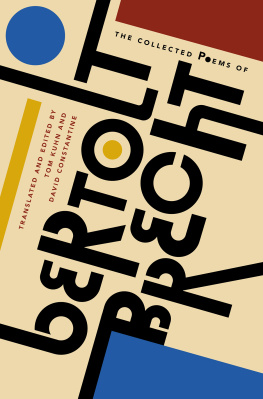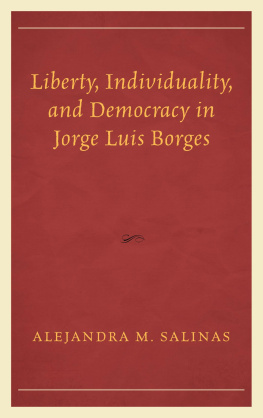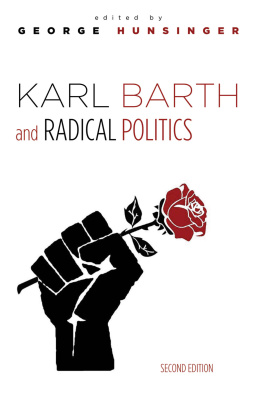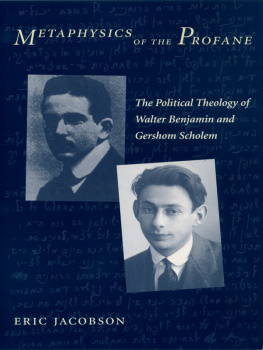AN INTRODUCTION BY ROBERT BOYERS
BETWEEN 1967 AND 1997, George Steiner wrote for The New Yorker more than one hundred and fifty pieces. Most of them were reviews, or review-essays, many quite lengthy by the standards of a weekly magazine. Often in the course of his tenure at The New Yorker Steiner was said to be the ideal successor to Edmund Wilson, who, like Steiner, had written over several decades on a great range of issues and had made new books and old, difficult ideas and unfamiliar subjects, seem compelling not only to literary intellectuals but to what was once called the general reader.
In the years when he wrote regularly for The New Yorker Steiner contributed often to other publications as well, collecting only a small proportion of his reviews in miscellaneous volumes like Language and Silence, On Difficultly, and Extraterritorial. Remarkably, Steiner also wrote several important academic books during this period, including major works like After Babel and Antigones. Though he was sometimes attacked for spreading himself too thin and taking on subjects beyond his own field of comparative literature, his books were more often praised in the highest terms by writers like Anthony Burgess and John Banville, and by leading scholars in several disciplines, from Bernard Knox and Terrence des Pres to Donald Davie, from Stephen Greenblan to Edward Said and John Bayley. Said regarded him as an exemplary and properly passionate guide to much of the best in contemporary writing and ideas, and Susan Sontag praised his generosity and his willingness to provoke, even when he knew that he would be attacked for his views. He thinks, Sontag noted in 1980, that there are great works of art that are clearly superior to anything else in their various forms, that there is such a thing as profound seriousness. And works created out of profound seriousness have in his view a claim on our attention and our loyalty that surpasses qualitatively and quantitatively any claim made by any other form of art or entertainment. While there were those, in the American academy especially, who were all too ready to reach for the dismissive adjective elitist to describe such a stance, Sontag was more than willing to associate herself with Steiners commitment to seriousness, and there were tens of thousands of New Yorker readers who were likewise grateful for the model of lucidity, learning, and intellectual independence exemplified by Steiner.
It is notoriously difficult to make a strong case for the enduring vitality of criticism written for a weekly or monthly magazine. We go back to the miscellaneous collections of pieces by Edmund Wilson, or Lionel Trilling, or Steiners long-time colleague at The New Yorker, John Updike, and of course we find, among other things, a variety of local insights or judgments that may seem to us, and often are, ephemeral. Can it matter to us now that John Bergers novel G be read as an imaginative gloss on Kierkegaards reading of Mozarts Don Giovanni in Either/Or, as Steiner recommended back in 1973? Is it important to note, with Trilling, that certain writersHemingway is a prime examplebecome fatuous or maudlin only when they are writing in the first person?
But then all worthwhile insights are at bottom local, or are founded on close readings of texts, sentences, loosely or tightly formulated ideas. Trillings view of authenticity is compelling to us because it is made to emerge from his deep absorption in particular works by Hegel, Diderot, Wilde and others. Wilsons understanding of violence in his account of Bolshevism has everything to do with his careful attention to relevant texts, speeches and incidents, many of which may not in themselves seem to us terribly consequential. When Steiner writes of Bergers novel G, he understands that, as a highly literaryindeed preciousaffair, the novel asks to be read with an eye to its plainly recognizable literary origins. To speak of Steiners observations in such a reading as local is to say in fact only that he was willing to do the essential work of the critic acutely responsive to a novel he took to have some genuine value.
Of course it is no small matter that Steiner is a fabulously learned reader, that he is fluent in several languages and can speak as comfortably about Plato and Heidegger and Simone Weil as he can about Fernando Pessoa and Aleksandr Solzhenitsyn. Leading Russian scholars acknowledged, when Steiners early book, Tolstoy or Dostoyevski, appeared in 1959, that his grasp of the relevant texts and contexts was impressive, and that even without a knowledge of Russian, Steiner generated enormously original insights stirring even to specialists in Slavic literature. That has been the case as well with Steiners work in other areas often thought to be the exclusive precinct of classicists, or philosophers, or linguists. And so it is not surprising that, in his essays and reviews, Steiner has seemed an ideal guide to a great many subjects, from the Risorgimento in Italy to the literature of the gulag, from the history of chess to the enduring importance of George Orwell or the idiom of privacy in nineteenth-century fiction.
When he confronts the work of a canonical modern figureBrecht, for example, or Celine, or Thomas MannSteiner takes very little as settled or beyond dispute. He proceeds from the assumption that a case remains to be made, and that even with a fiercely original writer, context counts for a great deal, and is apt to be considerably more elusive than is often acknowledged. Brecht, Steiner believes, requires to be placed, exactly, with respect to a variety of predecessor figures, including Lessing and Schiller, and in so placing him, Steiner reminds us that, like them, Brecht sets out to be a teacher, a moral preceptor, in ways that become palpable to us as the plays and poems are deftly scanned. Equally illuminating is Steiners way of positioning his man within the essential political, ethical and religious framework. Readers of The New Yorker could thus expect from Steiner, on a regular basis, passages astonishing for their vividness and economy, and deeply instructive in their mastery of an emotional and ideological terrain out of reach of virtually any other practicing critic. Brechts detestation of bourgeois capitalism, Steiner wrote,
remained visceral, his intimations of its impending doom as cheerily anarchic as ever. But much in this prophetic loathing, in both its psychology and its means of articulation, harks back to the bohemian nose-thumbing of his youth and to a kind of Lutheran moralism. His acute antennae told him of the stench of bureaucracy, of the gray petit-bourgeois coercions that prevailed in Mother Russia. Even as Martin Heidegger was during this same time developing an inward, private National Socialism (the expression comes from an S.S. file), so Brecht was expounding for and to himself a satiric, analytic Communism alien to Stalinist orthodoxy and also to the simplistic needs of the proletariat and the left intelligentsia in the West.
The palpable features of the passage on Brecht include, most obviously, the range and depth of learning, the pedagogic clarity, the movement through ideas without any trace of heavy breathing or insistence. This, we feel, is criticism as the formal discourse of an amateur, as R. P. Blackmur once put it, with the word amateur signifying a person who is interested in many things, speaks for himself rather than for a school or an entrenched theoretical position, and doesnt at all mind owning up to an enthusiasm or an aversion. But there is also, in the passage on Brecht, as in hundreds of others I might have selected, an extraordinary speed and fluency, an ability to invoke an origin or an intellectual nexus briefly, but with no trace of superficiality or special pleading. When Steiner notes the bohemian nose-thumbing of Brecht, his gift for satire and his visceral antagonism to orthodoxy, he perfectly accounts for the peculiar nature of Brechts Communism, regarding it as an expression of the mans recoil from the stench of bureaucracy and the gray petit-bourgeois coercions. We understand at once, in Steiners passage, why Stalinist Russia could not be for Brecht an attractive alternative to the capitalist societies he routinely disparaged. And we understand, too, why Edward Said was struck, as he said, with the energy and, at its best, the relentless concentration of [Steiners] thought. Those features are everywhere present in this volume of criticism drawn from the pages of the
Next page









